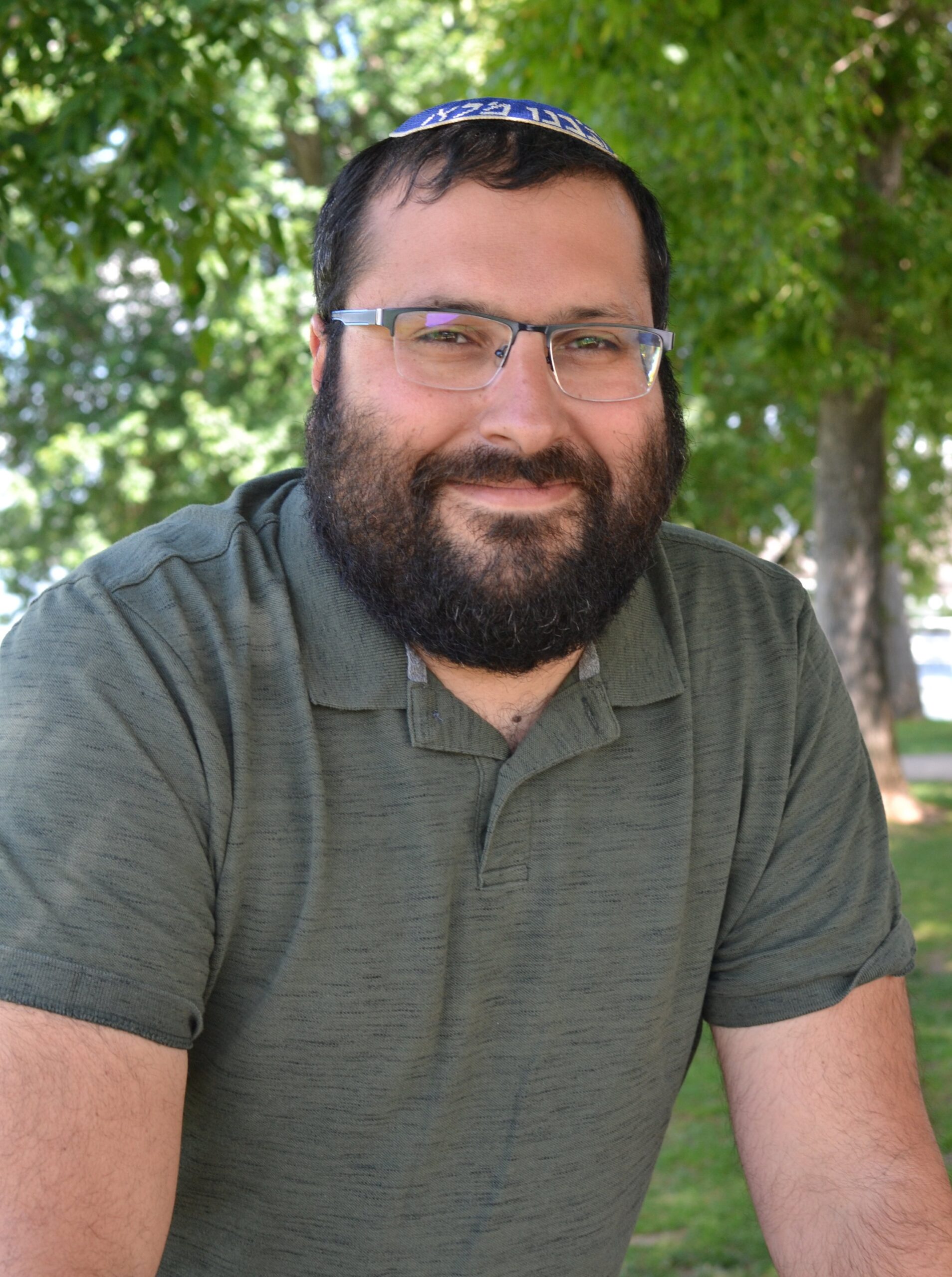Every once in a while, someone shares with me that they’ve heard the “real” reason Jewish summer camps exist: for Jewish kids to meet each other and get married. In the moment, I usually try to smile and nod, doing what I can to hide my horror at such a fundamental misunderstanding of our work and, indeed, the goals and purpose of Camp Ramah in Wisconsin.
Sometimes, it is true, Ramah couples get married. And those occasions – like this weekend, when Assistant Director Adina Allen (Nivo ’07) and longtime Artist- and Educator-in-Residence Rabbi Josh Warshawsky (Nivo ’06), will be married in the Twin Cities – are times for us to celebrate as a Ramah community. But the celebration is not because camp’s mission was fulfilled; rather, it is because Ramah helped shape two alumni who embody the values and lessons we teach. It’s not about the marriages that trace their roots back to camp; it’s about the people camp produces.
Though many Jewish camps over the years were founded to combat assimilation, that was not the primary concern of the founders of Ramah. Their immediate concern, in the still smoldering aftermath of the Holocaust, was how to cultivate the next generation of Jewish leadership. The vast majority of educators, Rabbis, and professors, in that time period, were immigrants from Europe and represented a pipeline that the Nazis had sealed off. Ramah Wisconsin’s three major sets of founding stakeholders – volunteer leaders from the Midwest who provided the necessary funds to open camp and keep it open; community Rabbis and educators from around the Midwest who shaped Ramah and recruited campers; and the academic educators of the Jewish Theological Seminary under whose auspices we continue to operate – had different versions of our origin story, but all agree on this point: Ramah was founded to shape educated, curious, skilled, and passionate Jewish adults. The interpersonal relationships which came out of camp – friendships and romances – were incidental to the realization of this particular dream.
The wonderful simchah of this weekend is special not because Adina and Josh met at camp, nor because they have spent so many summers on staff. It is special because each of them individually and as a couple are such amazing representatives of what Ramahniks are.
And don’t be fooled into thinking that there is some ideal version of a Ramah alumna or alumnus. To paraphrase something I learned in 1993 in rehearsals for my Solelim (7th grade) musical, Free to Be … You and Me, our alumni are people, people with Ramah histories. They grow up to do many different things. Some of them become nurses, or lawyers, or FBI agents. Some become social workers, teachers, or synagogue presidents. Some open soup kitchens or fight for people who need others to fight for them. Some run for school board, and some open businesses. Some hope someday to give back to Ramah, and others hope to support other worthy causes. Some go to synagogue, and some don’t; some study abroad in Europe or Africa or South America and some make Aliyah. The list goes on and on.
Nearly every time I’ve heard alumni talk about what Ramah means to them, it has made me proud to be affiliated with an institution that helped shape them. The diversity of those voices is profound. Our alumni speak of friends, of community, of skills built and experiences had, of leadership lessons. They speak of learning about Jews from different places and with different backgrounds than theirs. They speak of a culture of intense intellectual curiosity and passion, and how that culture manifested itself in areas which are obviously Jewish and in others which are not. Over and over I hear alumni speak of two things that Ramah means to them: (1) deep personal ties to other people as friends or as part of a community and (2) a sense that there is a living Judaism which can – and often does – speak to their lives.
To Josh and Adina: I am so proud of what you have taken from Ramah over the years, the ways in which camp has so clearly imprinted itself on your souls, along with the visionary communities, loving families and friends, and other impressive institutions which helped influence your growth. We as a community will forever be in your debt – not for what you have taken but for what you have given me and so many other Ramahniks. The campers you mentored and inspired as counselors and Roshei Eidah (division heads), the innovations and creations you have brought to camp over three generations (and counting!) of campers and staff, the way that each of you carries your own individual compass of what Ramah should be and shares that vision with me and others – this is the ongoing legacy you continue to add to.
This weekend, and forevermore, I wish that the core values which define one of the institutions to which each of you are inextricably linked will follow you in the next phases of your remarkable lives:
May you always know that you were created in the image of the Divine.
May you always feel that the entire universe was created just for you, and that you are worth it.
May you always be a part of sacred communities defined by their own values and in relationships to God.
And may you learn and share Torah, your Torah, which is the key to the rest.
Shabbat Shalom.
Jacob






